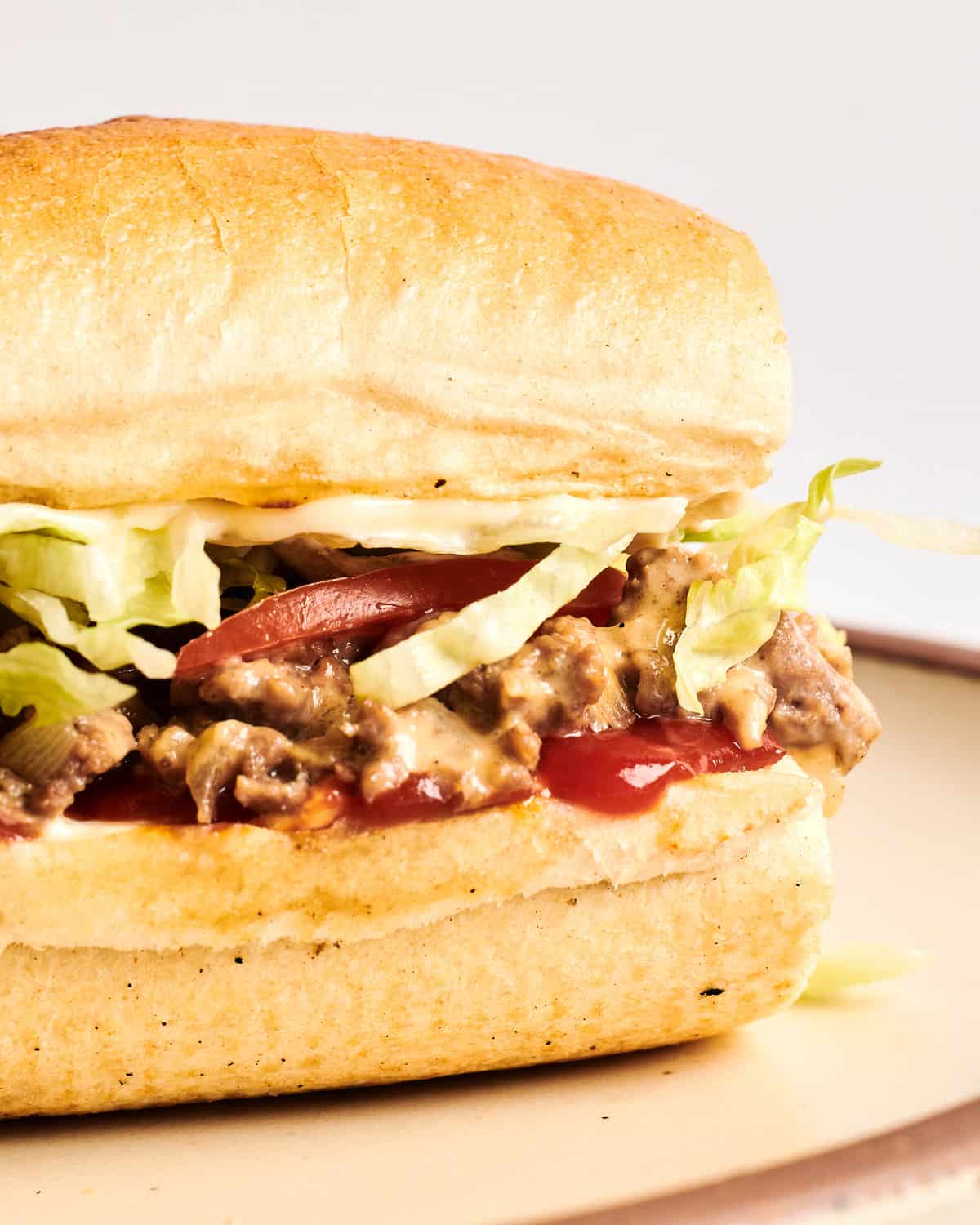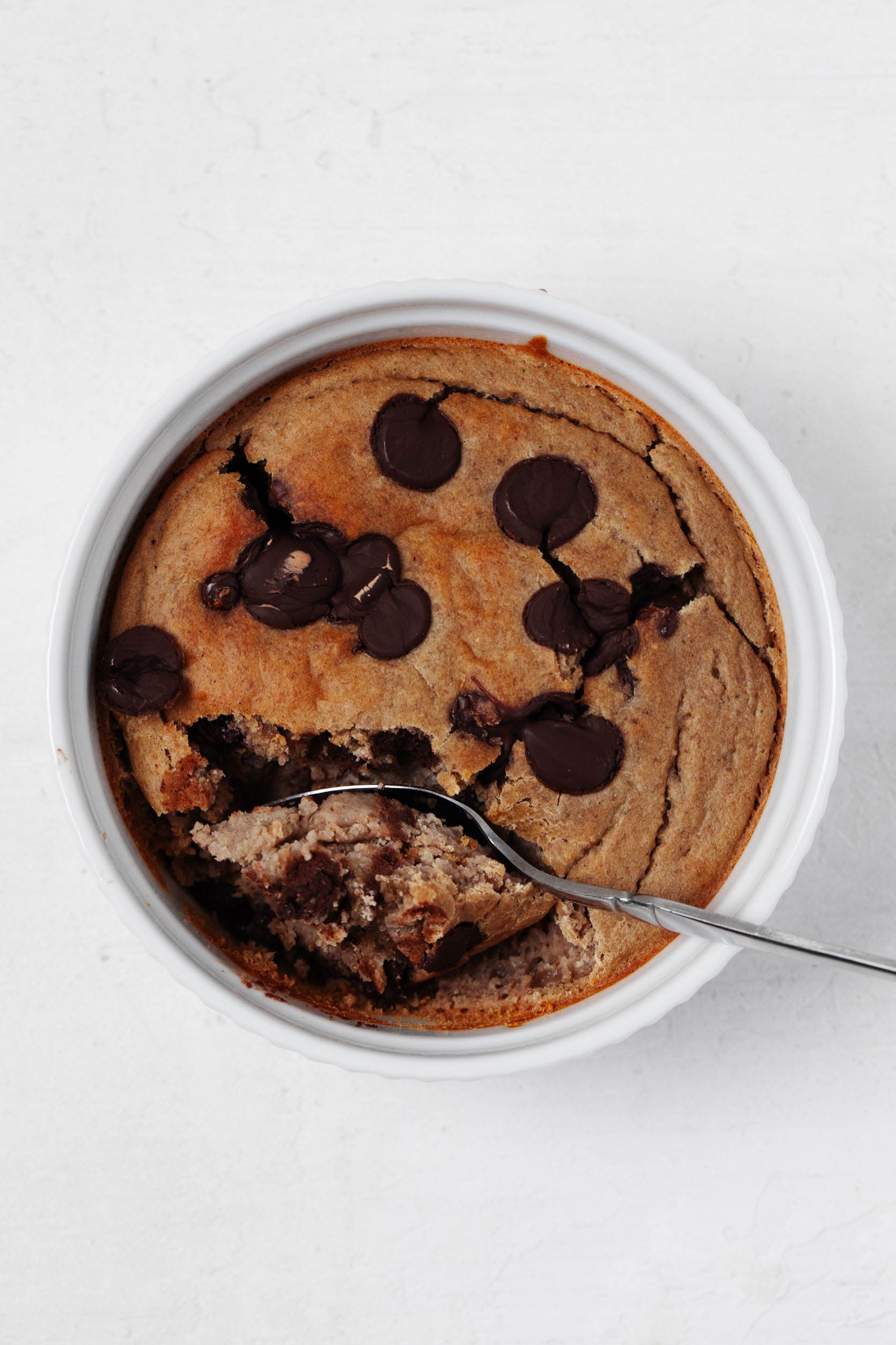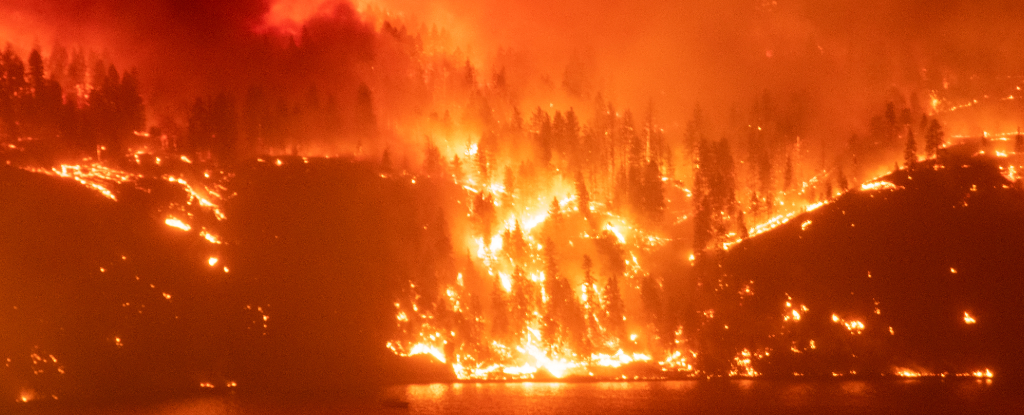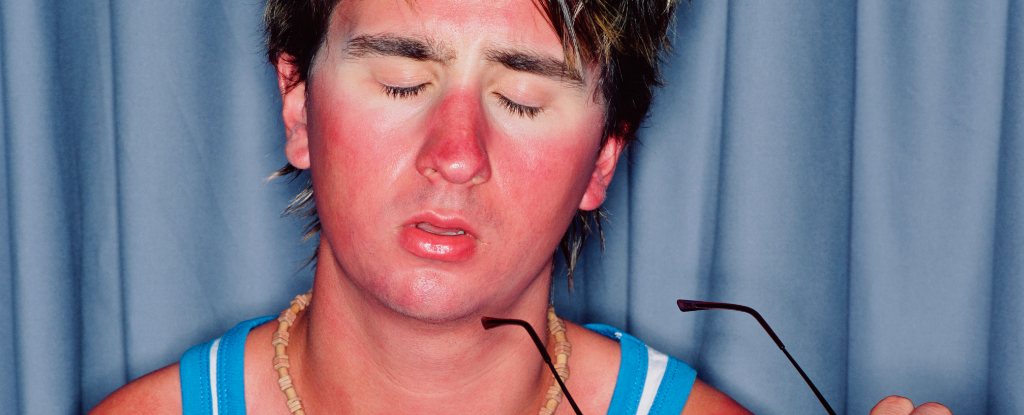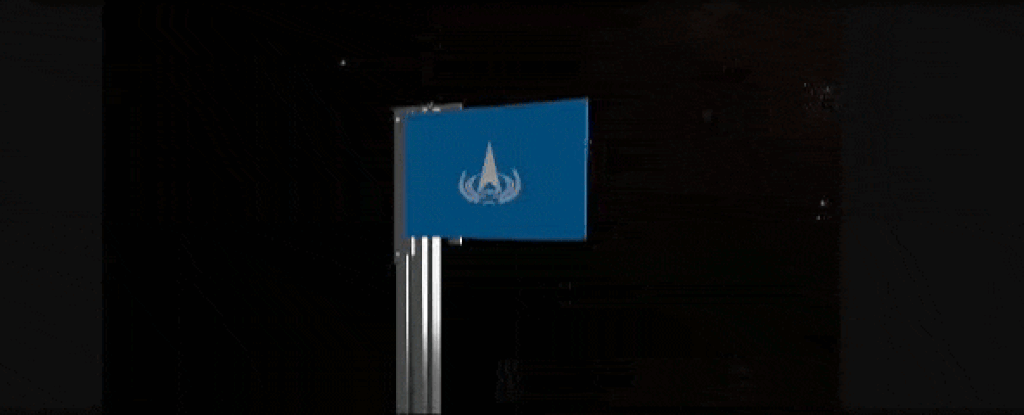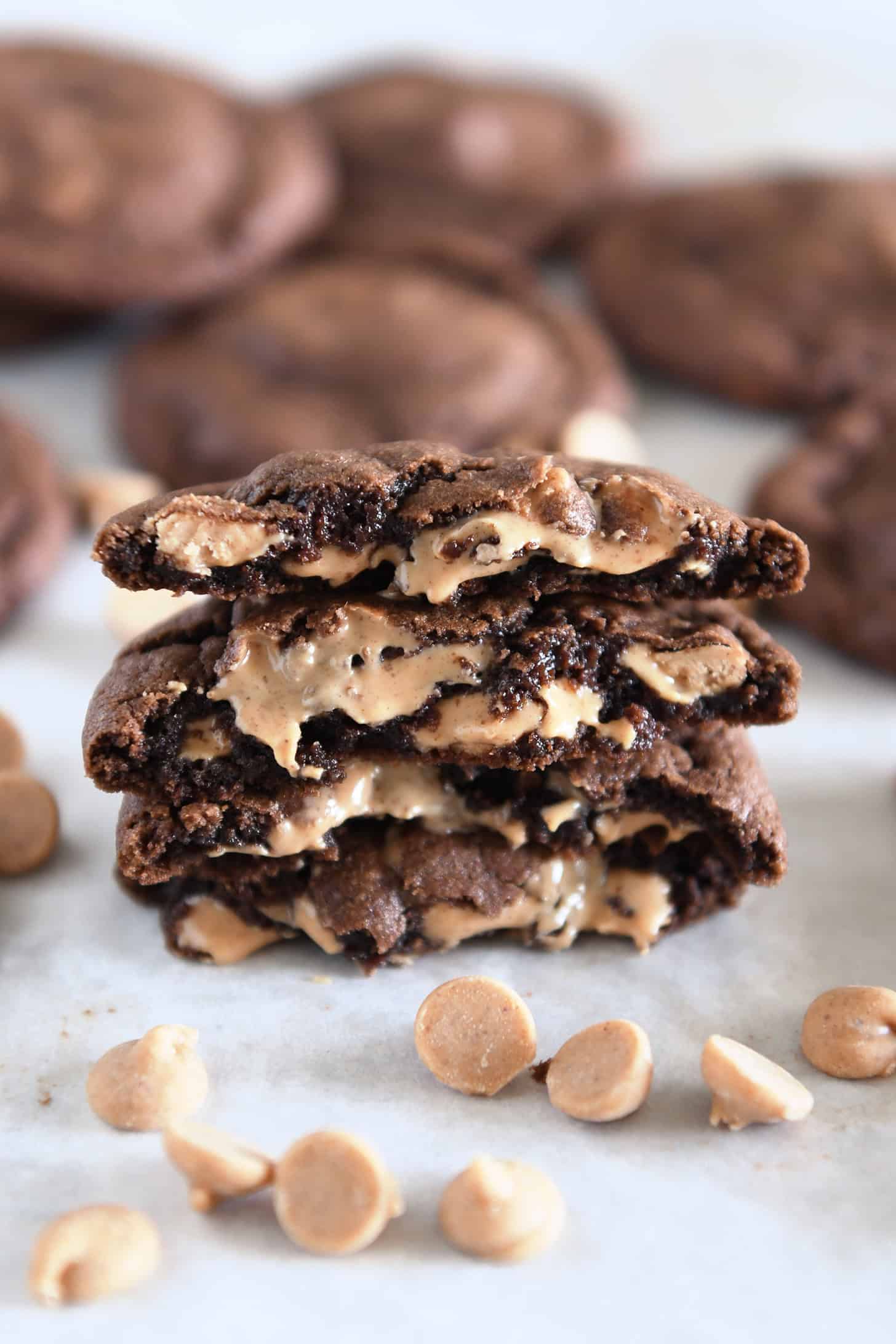The Kitchen Can Be Rebuilt
Lille Allen/Eater When the Los Angeles fires forced me to evacuate my home, I realized there was a reason I didn’t take anything from my kitchen We were not prepared. Aside from the howling wind outside, everything felt normal in our home: The Lakers game was on and I was preparing to cook dinner. Momofuku’s miso mushroom crispy rice was on the menu because I’d found a great deal on beautiful yellow oyster mushrooms. All that changed at 6:34 p.m. with a knock on our door from a neighbor. “I don’t want to freak you out,” she began, as the smell of char unfurled through our home, “but the canyon’s on fire.” I have lived in three different foothill communities of Southern California for 27 years of my life. There have been many fires, with falling ash that required elementary school recess to be moved indoors and and the glow of the mountains flickering like a night light. The flames have always been close enough to see and smell, but far enough away that evacuation was never necessary. That wasn’t the case here. The sky was the color of ripe Hachiya persimmons, a garish blend of red and orange, despite the fact the sun had set over an hour earlier. The wind, still gusting, blew smoke and soot into our faces. Ember rained down like hellish snowflakes. Despite the lack of an official evacuation warning, it was clear we had to leave immediately. No matter how many safety videos you watch or natural disasters you see on television, nothing can truly prepare you for the adrenaline-induced frenzy that is trying to figure out what your most valuable possessions are and how they can fit into a single SUV. I grabbed a duffel bag and began tossing in clothes: eight pairs of underwear, a single bra, random T-shirts, a pair of unseasonal denim shorts, some socks with grippy bottoms that I typically wear to a Pilates class, a pair of rigid jeans. I threw in my toothbrush but not the toothpaste. I loaded the car with my flute that I’ve had since I was in the fifth grade, even though I haven’t played for years. I grabbed my work laptop and its charger, but for some reason left behind the chargers for my cell phone and watch. I took down four of my favorite paintings and stacked them in the back seat. The essentials, like my passport, green card, and wallet, came too. Video footage from our front door shows the total time it took between the knock on our door and our escape: a mere 24 minutes. It occurred to me as I was driving away, looking in the rearview mirror at my home and the ravaging flames on the mountainside, that I had not once stepped into my kitchen to consider taking anything. How could that be? As a food editor, food, in many ways, has always felt like my entire life. The kitchen is my sanctuary and my pink flower-shaped Le Creuset cocotte and signed cookbooks are my most prized possessions. Or so I thought. And yet I felt no regret about abandoning any of it. My beloved All-Clad pans: durable and useful, yes, but replaceable. My pink Le Creuset collection: replaceable. My KitchenAid stand mixer: replaceable. Although these things have been of use to me in my day-to-day life and career, at the end of the day, they’re all just stuff. I wonder on some level whether I had always known this, but internalized the relentless social media messaging and the constant ads I scroll past that tell me I need more — I need to have the perfect kitchen and all the bells and whistles that come with it. Every pink pepper mill or spoon rest I collected was intended to fill a void that can, in reality, never be filled. Granted, consumerism programs this type of thinking, and hindsight is 20/20, but the experience of this past week has made me want to divorce myself from the notion that having more stuff will complete me. I don’t need four cutting boards, or a rainbow of pots and pans, or five different ergonomically designed vegetable peelers. But it’s also important to acknowledge the fact that objects do imprint themselves on us in a way that has little to do with aesthetics. As we drove away, I mourned the fact that I’d forgotten a Christmas card signed by my late father, one of the few personal mementos I have from him. I regretted leaving a photograph of him holding up my first print story for the LA Times, and my vintage copy of East of Eden, one of my favorite books. I was sad about a dress I thrifted in Tokyo that fit perfectly and reminded me of the close friends who showed me around the city. I came to the realization that everything that held significance for me did so not because of the actual thing, but the emotions and memories I associated with it. As of now, I remain evacuated, but my home is still standing. The bushes in our front yard have partially burned down, but the fire was put out by a vigilant neighbor who stayed behind before the rest of our home could go. I am one of the lucky ones. And still, the conclusion that I’ve come to remains: It’s not about the tools we use for c


When the Los Angeles fires forced me to evacuate my home, I realized there was a reason I didn’t take anything from my kitchen
We were not prepared. Aside from the howling wind outside, everything felt normal in our home: The Lakers game was on and I was preparing to cook dinner. Momofuku’s miso mushroom crispy rice was on the menu because I’d found a great deal on beautiful yellow oyster mushrooms.
All that changed at 6:34 p.m. with a knock on our door from a neighbor. “I don’t want to freak you out,” she began, as the smell of char unfurled through our home, “but the canyon’s on fire.”
I have lived in three different foothill communities of Southern California for 27 years of my life. There have been many fires, with falling ash that required elementary school recess to be moved indoors and and the glow of the mountains flickering like a night light. The flames have always been close enough to see and smell, but far enough away that evacuation was never necessary.
That wasn’t the case here. The sky was the color of ripe Hachiya persimmons, a garish blend of red and orange, despite the fact the sun had set over an hour earlier. The wind, still gusting, blew smoke and soot into our faces. Ember rained down like hellish snowflakes. Despite the lack of an official evacuation warning, it was clear we had to leave immediately.
No matter how many safety videos you watch or natural disasters you see on television, nothing can truly prepare you for the adrenaline-induced frenzy that is trying to figure out what your most valuable possessions are and how they can fit into a single SUV. I grabbed a duffel bag and began tossing in clothes: eight pairs of underwear, a single bra, random T-shirts, a pair of unseasonal denim shorts, some socks with grippy bottoms that I typically wear to a Pilates class, a pair of rigid jeans. I threw in my toothbrush but not the toothpaste. I loaded the car with my flute that I’ve had since I was in the fifth grade, even though I haven’t played for years. I grabbed my work laptop and its charger, but for some reason left behind the chargers for my cell phone and watch. I took down four of my favorite paintings and stacked them in the back seat. The essentials, like my passport, green card, and wallet, came too. Video footage from our front door shows the total time it took between the knock on our door and our escape: a mere 24 minutes.
It occurred to me as I was driving away, looking in the rearview mirror at my home and the ravaging flames on the mountainside, that I had not once stepped into my kitchen to consider taking anything. How could that be? As a food editor, food, in many ways, has always felt like my entire life. The kitchen is my sanctuary and my pink flower-shaped Le Creuset cocotte and signed cookbooks are my most prized possessions.
Or so I thought. And yet I felt no regret about abandoning any of it. My beloved All-Clad pans: durable and useful, yes, but replaceable. My pink Le Creuset collection: replaceable. My KitchenAid stand mixer: replaceable. Although these things have been of use to me in my day-to-day life and career, at the end of the day, they’re all just stuff.
I wonder on some level whether I had always known this, but internalized the relentless social media messaging and the constant ads I scroll past that tell me I need more — I need to have the perfect kitchen and all the bells and whistles that come with it. Every pink pepper mill or spoon rest I collected was intended to fill a void that can, in reality, never be filled. Granted, consumerism programs this type of thinking, and hindsight is 20/20, but the experience of this past week has made me want to divorce myself from the notion that having more stuff will complete me. I don’t need four cutting boards, or a rainbow of pots and pans, or five different ergonomically designed vegetable peelers.
But it’s also important to acknowledge the fact that objects do imprint themselves on us in a way that has little to do with aesthetics. As we drove away, I mourned the fact that I’d forgotten a Christmas card signed by my late father, one of the few personal mementos I have from him. I regretted leaving a photograph of him holding up my first print story for the LA Times, and my vintage copy of East of Eden, one of my favorite books. I was sad about a dress I thrifted in Tokyo that fit perfectly and reminded me of the close friends who showed me around the city. I came to the realization that everything that held significance for me did so not because of the actual thing, but the emotions and memories I associated with it.
As of now, I remain evacuated, but my home is still standing. The bushes in our front yard have partially burned down, but the fire was put out by a vigilant neighbor who stayed behind before the rest of our home could go. I am one of the lucky ones.
And still, the conclusion that I’ve come to remains: It’s not about the tools we use for cooking or the vessels that hold our dishes, but the recipes that we will always carry. Memories are truly the only things that are fireproof. While that idea sometimes gets swallowed by all the messaging in our online spaces, it’s something I want to continue to be mindful of in the wake of this heartbreaking tragedy.
Even if I do end up losing my favorite mortar and pestle, I can never abandon my grandma’s papaya salad recipe because it’s a part of me. If I have to replace my frying pan, I feel more comfortable knowing my mom’s irreplaceable recipe for bacon-fried rice is encoded as muscle memory. I didn’t take anything from my kitchen because, even subconsciously, I knew I could make any new kitchen my sanctuary with the recipes I carry in my heart. The rest is just stuff.
What's Your Reaction?

















